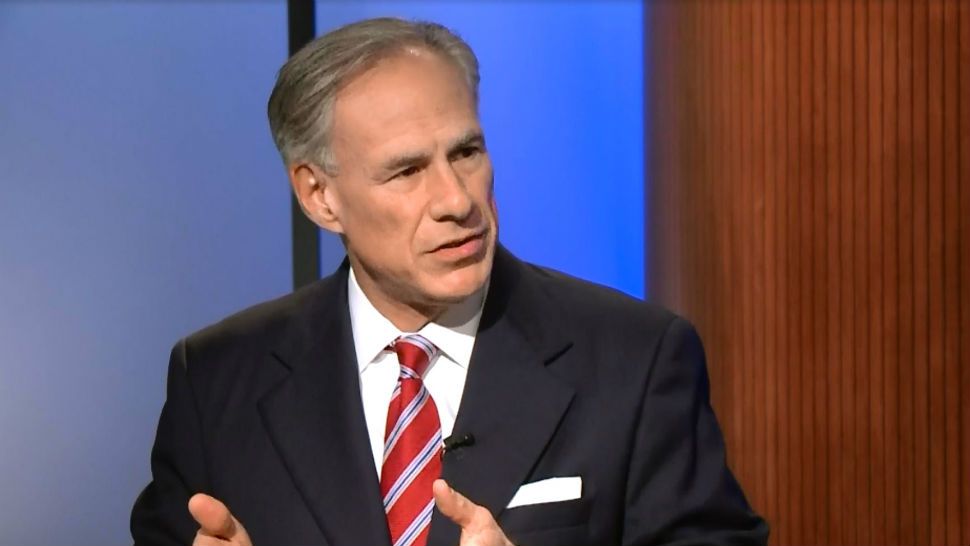AUSTIN, Texas -- Texas Gov. Greg Abbott on Monday announced Phase 2 of reopening the state’s economy in the midst of the coronavirus pandemic, and by the end of the month there will be little that’s not open for business.
Beginning May 18, child care facilities, massage businesses and beauty services are permitted to open.
Beginning May 22, bars, bowling alleys, skating rinks, bingo halls, zoos, aquariums, rodeos, natural caverns and equestrian events will be permitted to open. Occupancy at bars will be capped at 25 percent for the time being. Also on May 22, restaurants may expand capacity to 50 percent.
Beginning May 31, professional sporting events including basketball, golf, baseball and others will be permitted to take place with social distancing measures in place. In-person spectators will not be permitted. In-person spectators will be permitted at youth sporting events, however.
Day and overnight youth camps will be permitted to operate again.
On June 1, school districts will be permitted to open buildings for summer school.
LINK: Open Texas Checklist
A few counties identified as hot spots will be on a one-week delay. Those include counties that contain cities with high COVID-19 cases such as El Paso and Amarillo.
This all comes on the heels of a weekend that saw the largest one-day spike of positive COVID-19 cases yet in Texas. Justifying the decision-making that led to such a widespread reopening of businesses, Abbott said testing has increased substantially, which has naturally led to an increase in reported cases.
Abbott said more than 25,000 coronavirus tests are being administered each day in Texas at 600 testing sites across the states. He further said the spread of the virus is being combated via a focus on hot spots, which includes nursing homes, jails and meatpacking plants. Abbott said that typically a surge team is sent to these facilities, there is a spike in cases, and then the virus is contained.
Abbott further justified the move by citing the state's abundance of hospital beds and ventilators as well as a downward trajectory in the COVID-19 positivity rate.
As of Monday, according to the Texas Department of State Health Services, 47,784 cases of COVID-19 have been confirmed in Texas, 1,336 deaths have been attributed to it, 1,551 patients are currently being treated for it in Texas hospitals, and an estimated 27,570 people have recovered from the virus.
